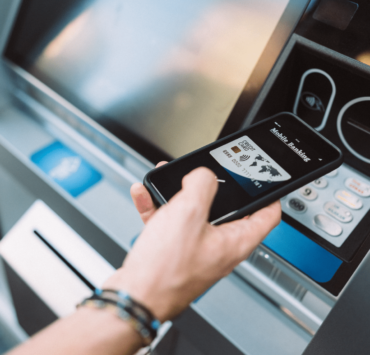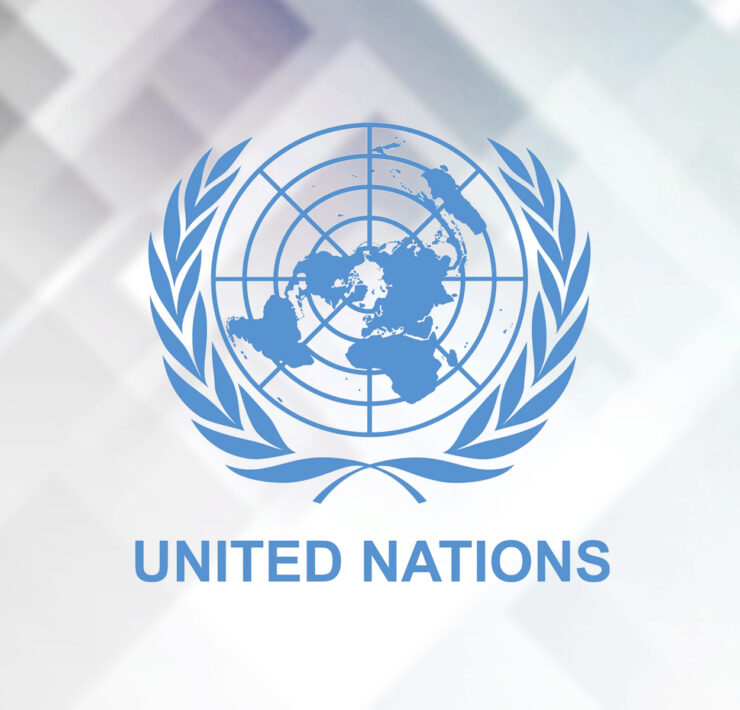The danger of OFWs starting businesses

Overseas Filipino workers (OFWs) are rightfully called modern-day heroes. Their sacrifices have sustained countless families and propped up the Philippine economy through billions in remittances.
However, behind the success stories, many OFWs face heartbreaking realities—especially when it comes to starting businesses.
Entrepreneurship is often seen as the ultimate dream for OFWs, a way to finally come home for good and enjoy financial independence. While the intention is noble, the risk is real.
In fact, the danger is highest when OFWs attempt to start businesses while still working abroad.
Here are the reasons why:
1. Funding without leading
One of the biggest mistakes OFWs make is becoming “absentee entrepreneurs.” You provide the capital, but someone else runs the business.
In many cases, this person is a family member or friend. While there are exceptions, the sad reality is that trust doesn’t always translate to competence—or integrity.
You’re working 12-hour shifts abroad, sending your hard-earned money back home, and hoping your sari-sari store, tricycle business or mini grocery will grow.
But you’re not there to monitor the daily operations. You’re not seeing where the money goes. You don’t know if the earnings are being reinvested or spent.
I’ve heard countless stories where the OFW is left with nothing: the business folds, relationships are strained and years of sacrifice are lost.
Entrepreneurship requires hands-on leadership. Capital alone does not guarantee success.
2. Lack of business know-how
Many OFWs dive into business without the proper training or experience. They might be great at their jobs overseas—as nurses, engineers or technicians—but business is a different world. It demands knowledge in operations, marketing, accounting and more.
Starting a business just because a relative or friend suggests it—or because it worked for someone else—is not a wise strategy. Every business involves risk, and without education and preparation, that risk multiplies.
Before putting money into a venture, OFWs should invest first in financial literacy and entrepreneurial training.
Learn before you launch.
3. Over-romanticizing the ‘come-home-for-good’ dream
It’s natural for OFWs to dream of coming home for good.
But it must be backed by a solid plan, not just emotion. Many OFWs are so eager to return that they rush into business without counting the cost.
A business isn’t a magic exit from working abroad. In fact, it can create more stress, especially when it starts to fail. Instead of being a pathway to freedom, it becomes a trap of debt and regret.
The transition from employment to entrepreneurship should be gradual and well-planned. Don’t use your business as a ticket home unless it has already proven to be stable, profitable and sustainable.
4. Pressure from family and community
Let’s be honest. Many OFWs are pressured to support not just their immediate family but their extended relatives.
Often, the idea of starting a business is influenced by well-meaning—but sometimes entitled—family members who promise to “take care of it.”
This dynamic can lead to emotional manipulation:
“Kaya mo na ‘yan; ikaw na ang nasa abroad!” (You can take care of it; you’re the one based overseas.)
“Para naman makauwi ka na!” (It’s so that you can come home)
And so, out of guilt or desire to please, OFWs pour money into businesses they did not study or plan for.
Entrepreneurship requires objectivity. It cannot be driven by pressure or utang na loob (debt of gratitude).
Always remember: your hard-earned money deserves wise stewardship.
5. Starting with the wrong mindset
Another danger is the belief that entrepreneurship is the answer to all financial problems. It’s not. Most small businesses in the Philippines don’t last beyond three years. Success in business is not guaranteed.
Some OFWs pour everything they have—retirement money, savings, even borrowed funds—into one business venture. It’s an all-or-nothing move.
When it doesn’t work out, the result is devastating: no savings, no income and in some cases, no way to go back abroad.
If you are going to start a business, do it with the mindset of a steward, not a gambler.
Start small. Test the waters. Grow gradually.
Focus first on building a strong financial foundation. This means having an emergency fund, insurance, zero debt and savings set aside for capital, not borrowed money.
At the same time, educate yourself through business courses or mentors. Start small while abroad, and wait until you’re home or have a trusted partner before going all in.
I believe many OFWs can become great entrepreneurs. But it must be done wisely, not emotionally. Don’t let your years of sacrifice go to waste because of poor planning and misplaced trust.
Remember: A business can be a blessing—but only if built with vision, discipline and stewardship.





















